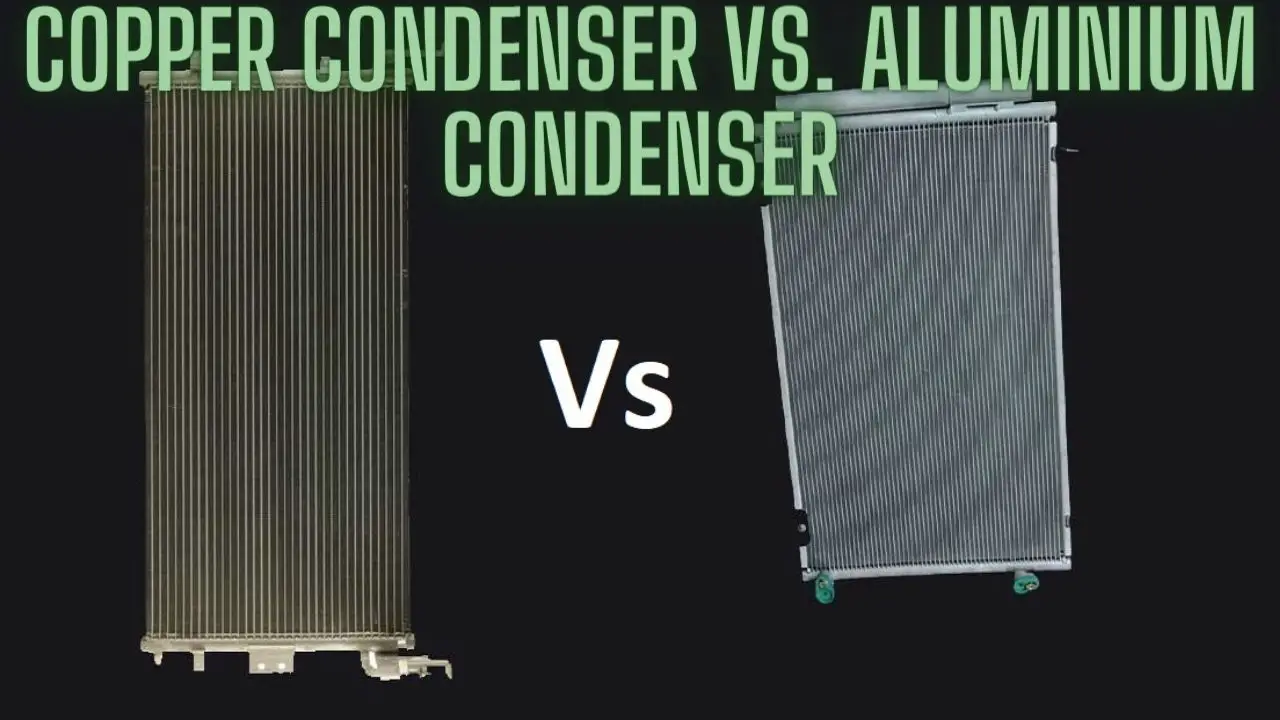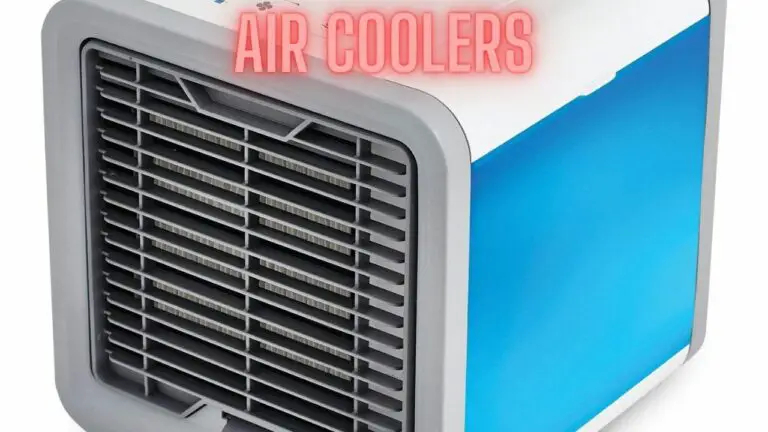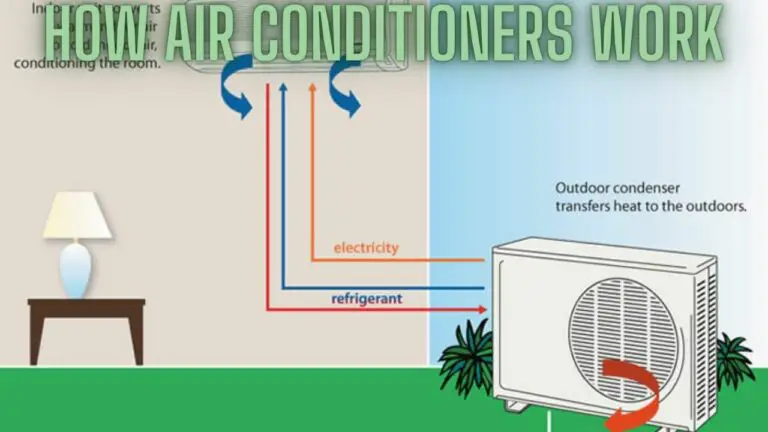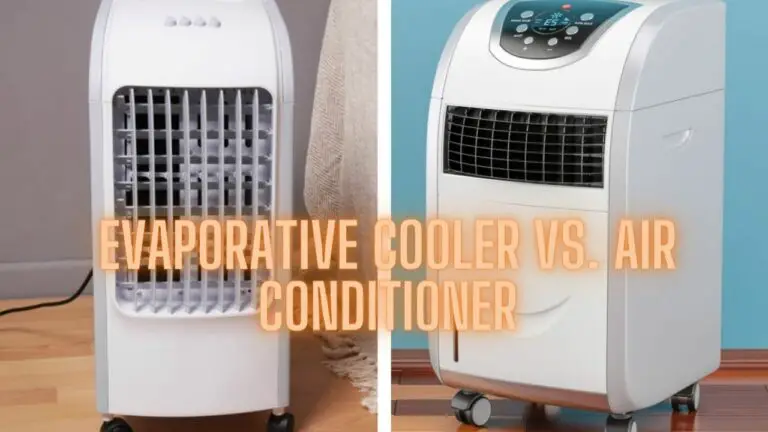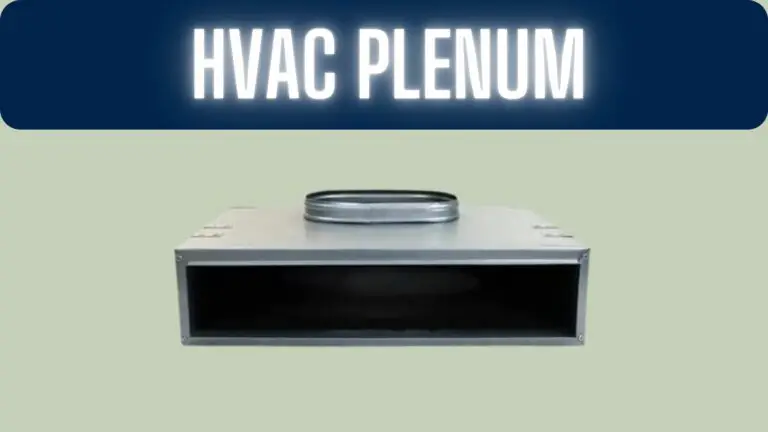Copper Condenser vs. Aluminium Condenser: A Comprehensive Comparison
1. Introduction
When it comes to choosing an air conditioner, one of the crucial components to consider is the condenser coil material. Copper and aluminum are the two most common materials used for condenser coils in air conditioning systems. Each material has its own set of advantages and disadvantages, and the choice between copper and aluminum can impact the efficiency, durability, and cost of your AC unit. In this comprehensive 3000-word guide, we will explore the differences between copper and aluminum condenser coils, helping you make an informed decision when selecting an air conditioner for your home or business.
Air conditioners have become essential for maintaining comfort in our homes, offices, and various indoor spaces. While we often focus on the cooling capacity and energy efficiency of these systems, the choice of condenser coil material is equally important. Copper and aluminum are the two primary materials used for condenser coils, and each has its own set of advantages and drawbacks. This guide aims to provide a thorough comparison of copper and aluminum condenser coils, helping you make an informed decision when selecting an air conditioner.
2. Understanding Condenser Coils
2.1 Role of the Condenser Coil
The condenser coil is a vital component of an air conditioner’s refrigeration system. It plays a crucial role in the heat exchange process, where the refrigerant transitions between a gas and a liquid state. During this process, the condenser coil dissipates the heat absorbed from the indoor environment to the outdoor surroundings, allowing the refrigerant to release the heat and cool down before returning to the evaporator coil to repeat the cycle.
2.2 Copper Condenser Coils
Copper has been a traditional choice for condenser coils in air conditioning systems for many years. Copper is known for its excellent thermal conductivity, which means it can efficiently transfer heat. Copper condenser coils typically consist of copper tubing with aluminum fins or louvers to enhance heat transfer.
2.3 Aluminium Condenser Coils
Aluminum is an alternative material used for condenser coils, especially in modern air conditioning units. Aluminum is lightweight and cost-effective compared to copper. Aluminum condenser coils also consist of aluminum tubing with aluminum fins.
3. Copper vs. Aluminium Condenser Coils: A Comparative Analysis
Let’s explore the key factors to consider when comparing copper and aluminum condenser coils:
3.1 Heat Transfer Efficiency
Copper Condenser Coils:
- Advantages:
- Excellent thermal conductivity, resulting in efficient heat transfer.
- Copper coils are highly effective in dissipating heat, making them ideal for high-efficiency air conditioners.
- Disadvantages:
- Copper is a more expensive material compared to aluminum, which can affect the cost of the air conditioner.
Aluminium Condenser Coils:
- Advantages:
- Aluminum coils are lightweight and cost-effective, contributing to lower initial purchase costs for the air conditioner.
- Disadvantages:
- Aluminium has lower thermal conductivity compared to copper, which can result in slightly less efficient heat transfer.
3.2 Corrosion Resistance
Copper Condenser Coils:
- Advantages:
- Copper is highly corrosion-resistant and can withstand exposure to outdoor elements and harsh environmental conditions without significant degradation.
- Disadvantages:
- Copper can corrode when it comes into contact with specific chemicals or substances, which may require protective coatings.
Aluminium Condenser Coils:
- Advantages:
- Aluminum is naturally corrosion-resistant due to the formation of a protective oxide layer on its surface.
- Disadvantages:
- While aluminum is generally corrosion-resistant, it may not be as durable as copper in certain extreme conditions.
3.3 Durability and Longevity
Copper Condenser Coils:
- Advantages:
- Copper condenser coils are known for their durability and long lifespan, often outlasting aluminum coils.
- Disadvantages:
- Copper coils are heavier than aluminum coils, which can pose challenges during installation and maintenance.
Aluminium Condenser Coils:
- Advantages:
- Aluminum coils are lightweight and easy to handle during installation and maintenance.
- Disadvantages:
- Aluminum coils may have a shorter lifespan compared to copper coils, especially in regions with harsh environmental conditions.
3.4 Maintenance and Repair
Copper Condenser Coils:
- Advantages:
- Copper coils are relatively easy to repair and can often be soldered or brazed.
- Disadvantages:
- While copper is repairable, it may be more expensive to repair than aluminum coils due to the cost of materials and labor.
Aluminium Condenser Coils:
- Advantages:
- Aluminum coils are cost-effective to manufacture and replace, which can result in lower repair costs.
- Disadvantages:
- Repairing aluminum coils can be more challenging, and replacement may be the preferred option in case of damage.
3.5 Weight and Cost
Copper Condenser Coils:
- Advantages:
- Copper is heavier than aluminum, which can contribute to stability and reduced vibration in the air conditioner.
- Disadvantages:
- Copper is more expensive than aluminum, which can lead to higher initial purchase costs for air conditioners equipped with copper coils.
Aluminium Condenser Coils:
- Advantages:
- Aluminum is lightweight and cost-effective, resulting in lower initial purchase costs for air conditioners.
- Disadvantages:
- Aluminum coils may not offer the same durability and heat transfer efficiency as copper coils.
3.6 Environmental Impact
Copper Condenser Coils:
- Advantages:
- Copper is a recyclable material, which can contribute to reducing environmental impact when disposed of responsibly.
- Disadvantages:
- Copper mining and production can have a significant environmental footprint.
Aluminium Condenser Coils:
- Advantages:
- Aluminum is also recyclable and often used in sustainable manufacturing practices.
- Disadvantages:
- Aluminum mining and processing can also have environmental implications.
4. Which Condenser Coil Material Is Right for You?
Choosing between copper and aluminum condenser coils depends on various factors, including your specific needs and preferences:
4.1 When to Choose Copper Condenser Coils
Consider copper condenser coils when:
- You prioritize maximum heat transfer efficiency and cooling performance.
- The air conditioner will be installed in a harsh or corrosive environment.
- Longevity and durability are essential, and you are willing to invest in a more expensive option.
- You live in a region with extreme weather conditions where durability is crucial.
4.2 When to Choose Aluminium Condenser Coils
Opt for aluminum condenser coils when:
- Initial cost savings are a primary consideration, and you are working within a budget.
- You require lightweight coils for easy installation and maintenance.
- The environmental impact of the material is a concern, and you prefer recyclable materials.
- You are looking for a cost-effective solution for air conditioning needs.
4.3 Special Considerations
In some cases, manufacturers may offer hybrid or coated condenser coils that combine the advantages of both copper and aluminum. These hybrid coils aim to provide the best of both worlds in terms of heat transfer efficiency, durability, and cost-effectiveness.
5. Maintenance Tips for Condenser Coils
Regardless of the material of your condenser coils, proper maintenance is essential to ensure the efficiency and longevity of your air conditioner:
5.1 Cleaning
Regularly clean the condenser coils to remove dust, dirt, and debris that can accumulate on the surface. A clean coil allows for efficient heat transfer and optimal cooling performance.
5.2 Professional Servicing
Schedule annual or biannual professional servicing of your air conditioner. Certified technicians can inspect the system, check refrigerant levels, and perform any necessary maintenance or repairs.
5.3 Preventative Measures
Take preventative measures to protect your condenser coils, such as installing coil guards to shield them from physical damage or corrosive substances. Consider using a coil cleaner or protective coating to enhance corrosion resistance.
6. FAQS
What is the role of the condenser coil in an air conditioner?
- The condenser coil in an air conditioner is responsible for dissipating heat from the refrigerant to the surrounding environment, allowing the refrigerant to release heat and cool down before returning to the evaporator coil.
What are the primary differences between copper and aluminum condenser coils?
- Copper condenser coils are known for their excellent heat transfer efficiency, corrosion resistance, and durability. Aluminum condenser coils are lightweight, cost-effective, and recyclable but may have slightly lower heat transfer efficiency.
Which material is more energy-efficient for condenser coils, copper, or aluminium?
- Copper condenser coils generally offer higher heat transfer efficiency, making them slightly more energy-efficient than aluminum coils. However, the overall energy efficiency of an air conditioner depends on various factors, including the design and technology of the entire system.
Are the copper condenser coils more durable than aluminum coils?
- Copper condenser coils are known for their durability and longer lifespan compared to aluminium coils, especially in harsh environmental conditions. However, proper maintenance can extend the life of both types of coils.
Do copper condenser coils require more maintenance than aluminum coils?
- Both copper and aluminum condenser coils require regular maintenance to ensure optimal performance. Maintenance typically includes cleaning the coils to remove dust and debris. The frequency of maintenance may vary depending on the environment and usage.
Are aluminum condenser coils more cost-effective than copper coils?
- Aluminum condenser coils are generally more cost-effective in terms of material and manufacturing costs, resulting in lower initial purchase costs for air conditioners equipped with aluminum coils. However, copper coils may offer long-term savings due to their durability and efficiency.
Can aluminum condenser coils be as durable as copper coils in certain conditions?
- While aluminum condenser coils may not be as inherently durable as copper coils, they can still provide satisfactory performance in many environments. The choice between the two materials should consider the specific conditions and requirements of the installation.
Are there hybrid or coated condenser coil options that combine copper and aluminum advantages?
- Yes, some manufacturers offer hybrid or coated condenser coils that aim to provide a balance between the advantages of both copper and aluminium. These coils may offer improved heat transfer efficiency, durability, and cost-effectiveness.
What factors should I consider when choosing between copper and aluminum condenser coils for my air conditioner?
- Factors to consider include your budget, desired efficiency, environmental concerns, and the specific environmental conditions where the air conditioner will be installed. Copper may be preferred for high-efficiency and durability, while aluminum can be cost-effective and lightweight.
Is regular maintenance necessary for both copper and aluminum condenser coils?
- Yes, regular maintenance is essential for both types of condenser coils to ensure efficient operation and longevity. Cleaning the coils and scheduling professional servicing are important steps in maintaining your air conditioner.
7. Conclusion
The choice between copper and aluminum condenser coils in your air conditioner is a decision that should be based on your specific requirements, budget, and environmental considerations. Both materials have their unique advantages and disadvantages, and the ideal choice may vary from one situation to another.
Copper condenser coils excel in terms of heat transfer efficiency, corrosion resistance, and durability but come at a higher cost. Aluminum condenser coils are cost-effective, lightweight, and recyclable, making them suitable for budget-conscious consumers. Ultimately, your decision should align with your priorities and the conditions in which your air conditioner will operate.
Whichever material you choose, regular maintenance and responsible disposal practices will contribute to the efficiency and sustainability of your air conditioning system, ensuring your comfort and minimizing environmental impact.

